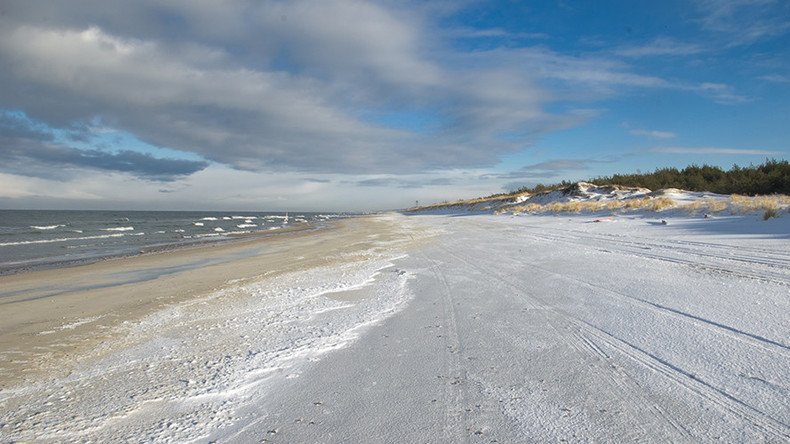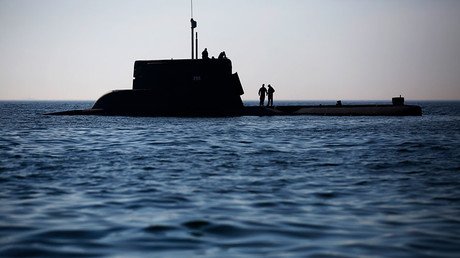Polish parliament backs Baltic Strait canal project to allow ships to bypass Russian waters

The lower chamber of the Polish parliament has voted in favor of constructing a channel across the Baltic (Visla) Strip to allow the country’s vessels to enter the port of Elblag without crossing Russian territorial waters.
The law, which was supported by 401 out of 460 MPs at the Sejm, now requires approval by the upper house, the Senate.
Last May, the government of Poland made the decision to build a channel, connecting the Vistula Lagoon and the Gdansk Bay on the Baltic Sea.
It’s planned that the channel will be about 1.3 kilometers (0.8 miles wide) and around 5 meters (16 feet deep) to allow vessels of up to 20 meters (65 feet) wide and with maximum draft of 4 meters (13 feet) to access Elblag port.
The construction work on the $216.6 million project is expected to start in 2018 and completed in four years’ time. The route, which the channel will take, is yet to be determined.
The government explained that the project is essential for the defense and security of the Polish state.
“It is impermissible for an eastern border of the EU and a NATO border to be 100 percent under Russian control, for security to be threatened that way. This is the main argument we will put to the
EU and which will be met with full understanding,” Marek Grobarczyk, Poland's minister of maritime economy and inland navigation, said last year.
The project will go ahead despite environmentalists' warning that the construction would disrupt the migration routes of various animal species.
“The canal construction plan will be carried out in compliance with EU law… and above all with environmental norms,” Grobarczyk added.
READ MORE: 'Answer is no': Poland, Lithuania refuse to host any possible new secret CIA jails
Currently, the ships have to go through Russian territorial waters to enter Elblag, which is regulated by a special navigation deal signed by Moscow and Warsaw.













